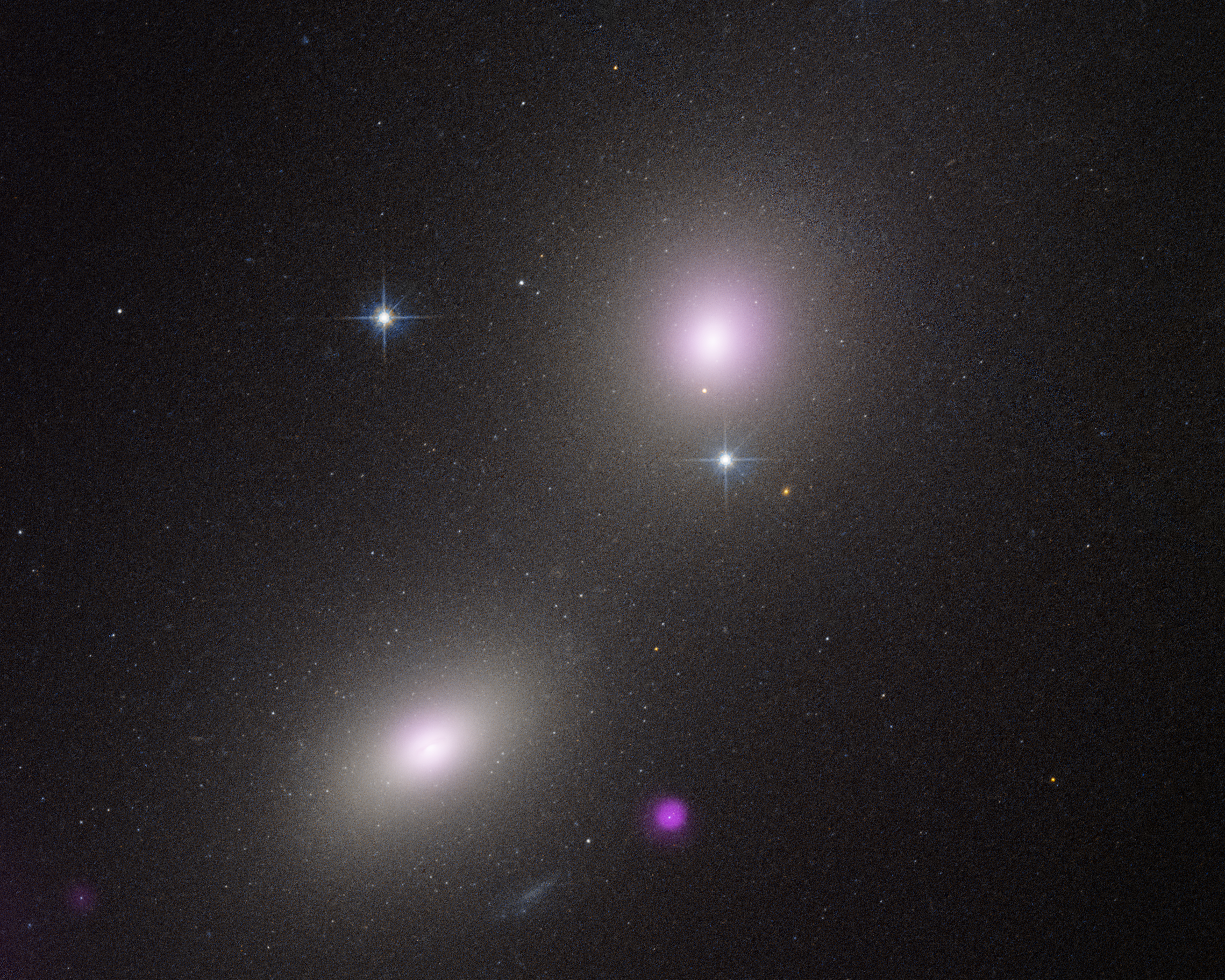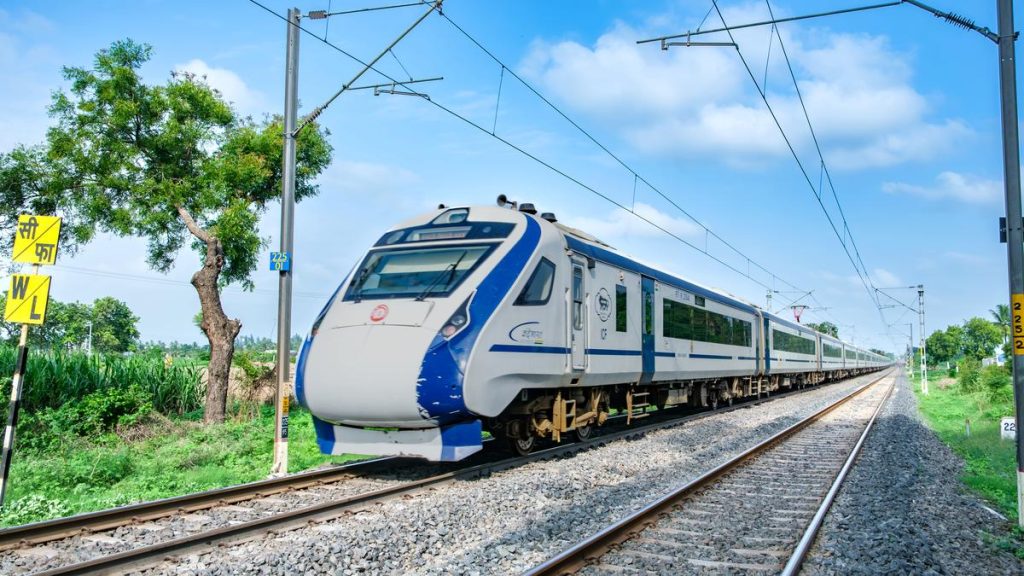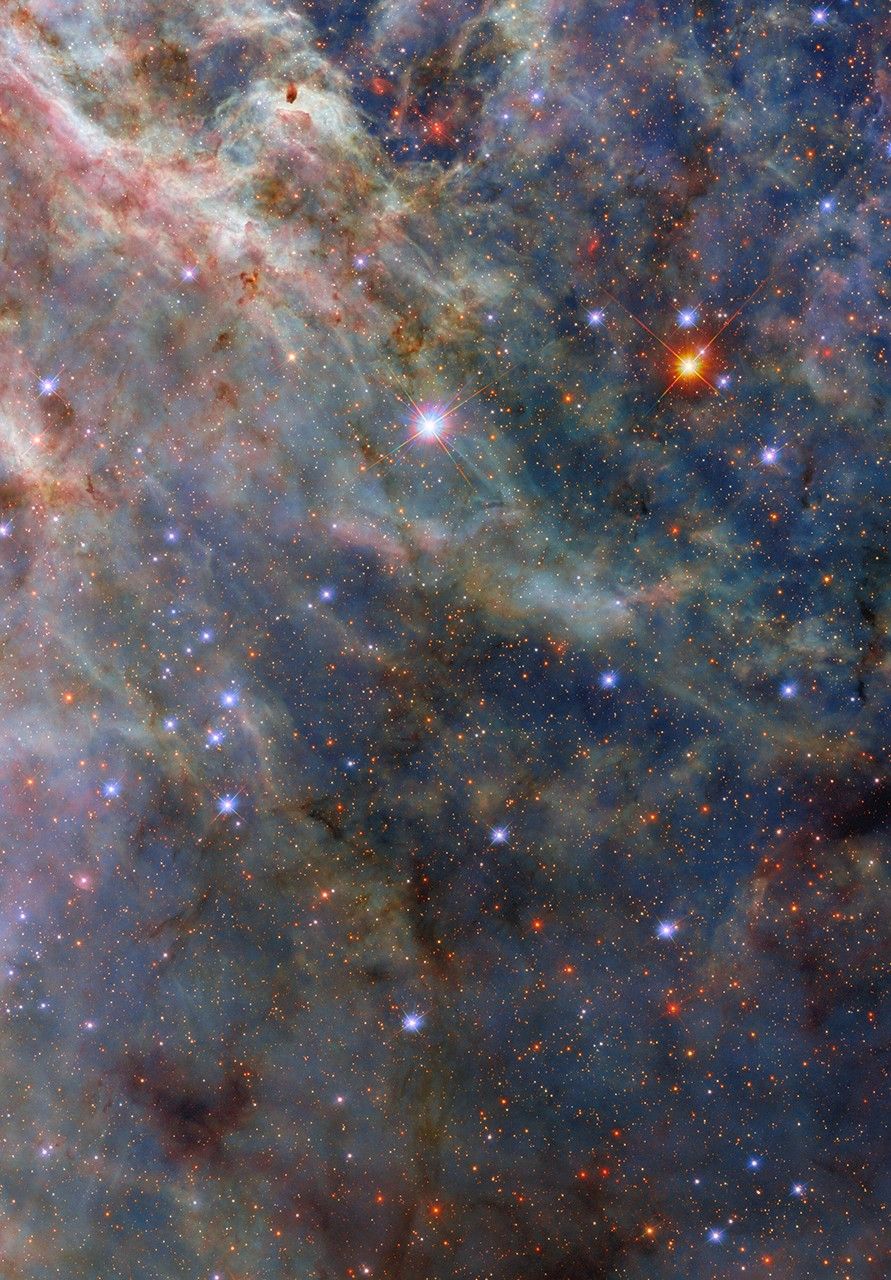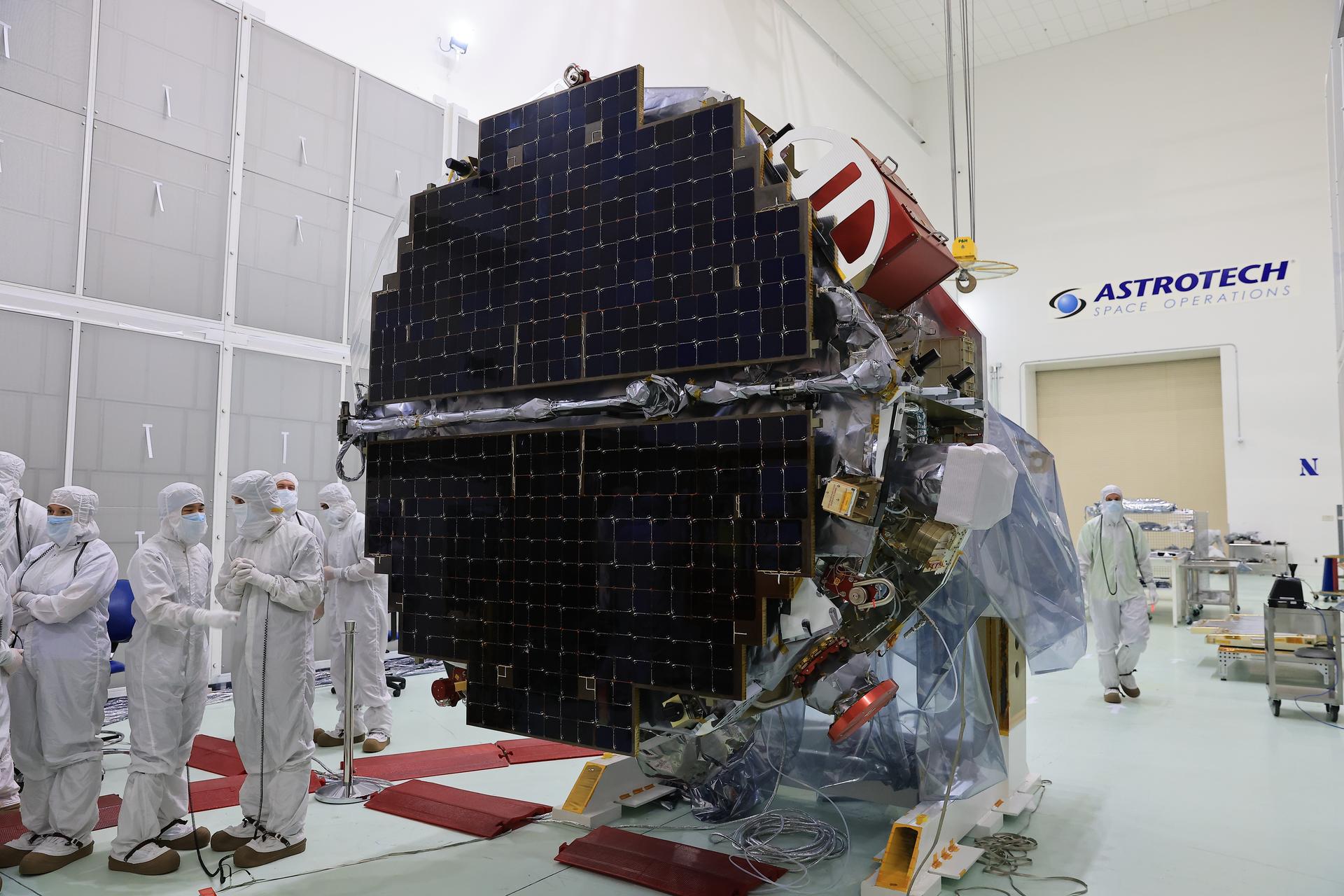Now Reading: Rare Black Hole Devours Star in Cosmic Event
-
01
Rare Black Hole Devours Star in Cosmic Event
Rare Black Hole Devours Star in Cosmic Event

Speedy Summary
- Event: NASA’s Hubble space Telescope and Chandra X-ray Observatory collaborated to study a rare class of black holes identified by X-ray emission.
- Discovery: A luminous X-ray source named NGC 6099 HLX-1 was found in a compact star cluster within a giant elliptical galaxy.
- Type of Black Hole: The discovery suggests this could be an intermediate-mass black hole (IMBH), weighing between hundreds and 100,000 times the Sun’s mass.
- Significance: IMBHs are relatively rare and provide critical insights into the evolution of galaxies and black hole formation.
Image aids in analysis (released by NASA July 24, 2025):
!the headshot image of Monika Luabeya
image Credit: Science: NASA, ESA, CXC, yi-Chi Chang (National tsing Hua University); Processing: Joseph DePasquale (STScI).
Indian Opinion Analysis
India has increasingly prioritized advancing its space sciences through initiatives like ISRO’s deep-space missions and ties to international research agencies. The discovery of intermediate-mass black holes can align with India’s long-term aspirations for collaborative global research on astrophysical phenomena that deepen humanity’s understanding of cosmic evolution.
Such findings could inspire academic exchange programs involving Indian institutions and bolster india’s scientific community’s focus on contributing to complex astronomical studies. Strengthening participation in global projects such as these advances India’s position as an active participant in cutting-edge science rather than a mere observer.
Read More: NASA Article




























